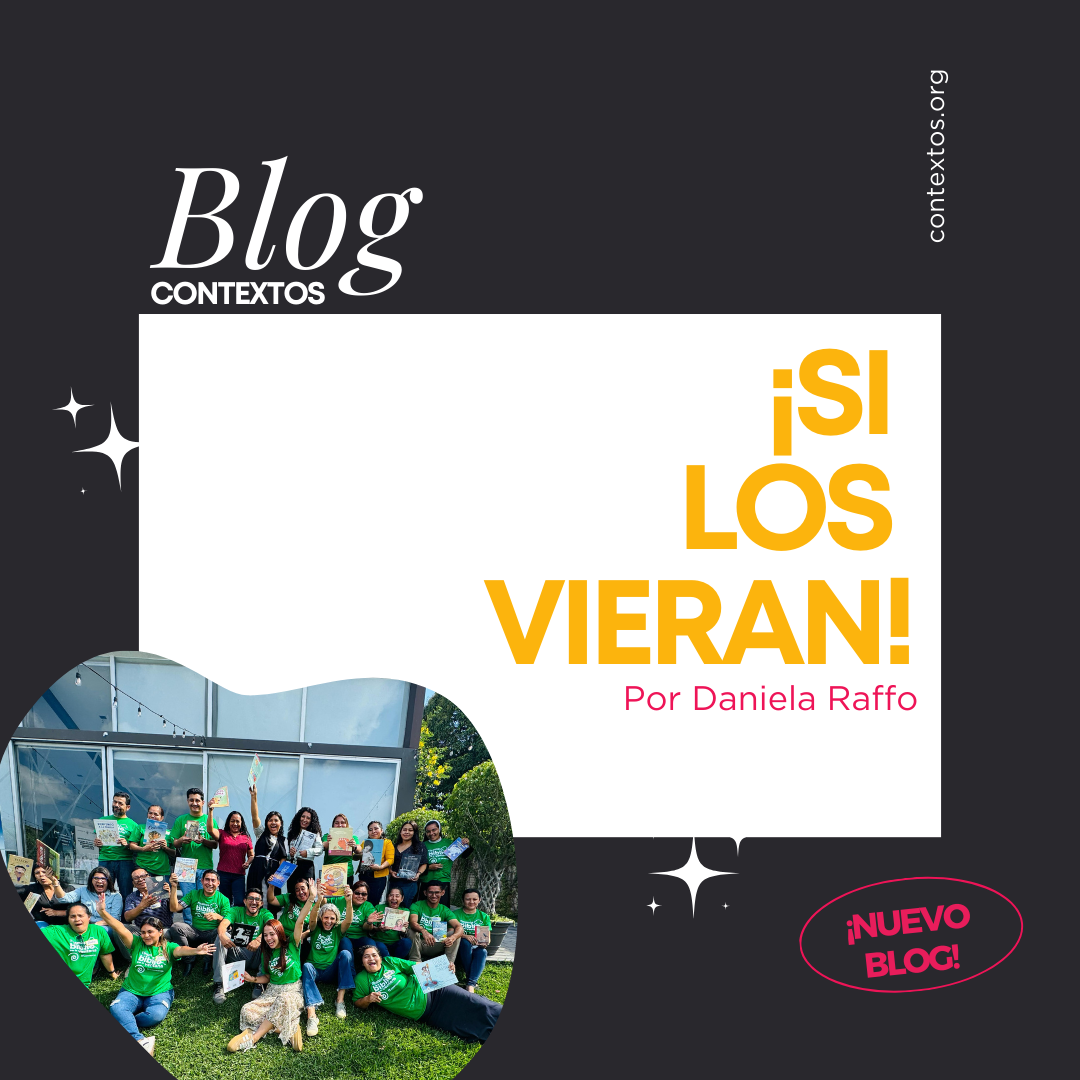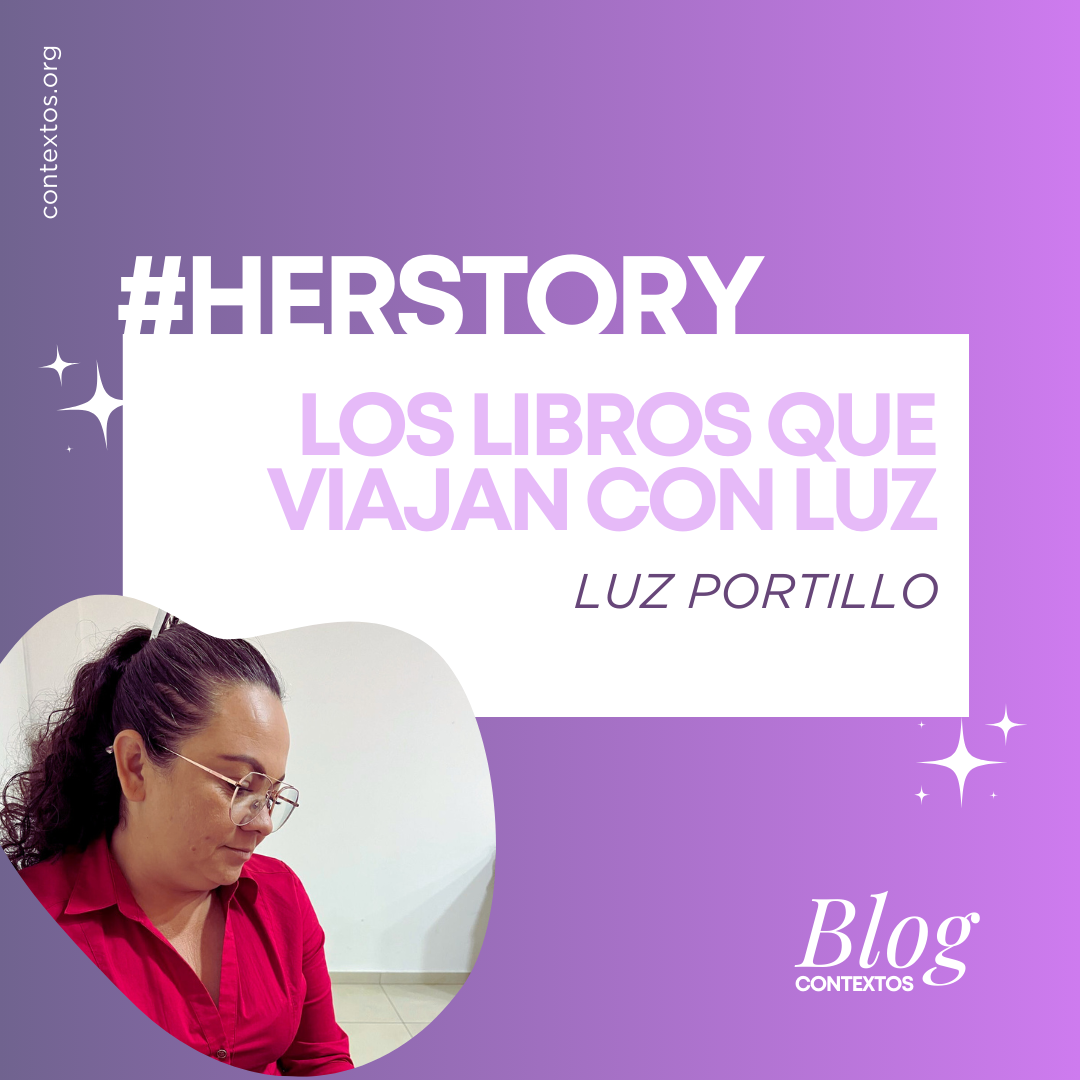julio 14, 2015 by ConTextos
THE ACT OF WRITING
«The act of writing is more powerful than people think…»
Quote by Jordan Peterson, the department of psychology at the University of Toronto, as quoted in NPR article “The Writing Assignment That Changes Lives” (July 10, 2015).
The NPR piece continues: “Experiments going back to the 1980s have shown that ‘therapeutic’ or ‘expressive’ writing can reduce depression, increase productivity and even cut down on visits to the doctor.”
Personally, I can attest to the power of writing. During the summer between 6th and 7th grades, my sister died suddenly in a car accident. The first assignment upon returning to school was writing—and rewriting and rewriting—the typical story “what I did over my summer vacation.” While the content was ordinary, the process was distinct; in fact, Ms Kirchoff (who has been Mrs. Miller for at least 15 years) is still one of my favorite teachers because she taught me that re-writing is even more powerful than the first draft.
Writing about Caryn’s death was therapy. In the process, I remembered exact details vs. those that were vague, pieced together the moments of the most vivid night of my life even though what happened was so foggy. I grasped for just the right words to capture the feelings, moments, smells, sounds…
But the writing was most powerful because afterward, I shared my version of that story with my family. We didn’t talk very much about that story, but we acknowledged it. It put my story on par with my sisters and parents. As the littlest sister, writing became my venue to amplify my voice. It’s something that’s stuck with me and directed me my entire life.
It’s probably why I do what I do… why I was motivated to launch ConTextos and why two our or team members are at writers’ workshops in the USA right now. The power in / of the written word for me was something I embraced early on.
But recently, I’ve been overwhelmed by the meaning of the written word for others. It feels cheesy to discuss the power of writing down a story, a feeling. It feels corny to talk about empowerment and empathy. It’s something I know and feel but I can’t hold in my hand or display in a graph.
But I can share it in a tangible way… Through the words written on a page. Through the emotions they conjure upon being read. Through the inspiration they cause in their audience.
Caption: The first page of the story “A Colorful Life” by a female inmate at a gang prison in El Salvador. Lupita told me that her kids cried with admiration to see that their mom had written a book. “I’m proud that my story can help others to choose a better path,” Lupita said.
Next week, we finalize a nearly yearlong intervention at a gang prison, a juvenile detention facility, and Medio Abierto—like parole— in El Salvador. These participants—most of whom had never read a book before, and all of whom had never written for expression, completed 40 hours of classes over 24 sessions to publish a memoir. They learned to “read as writers” as they analyzed authors’ craft in a diverse array of published works. They drafted various stories and picked one to revise (and revise and revise), edit and publish. They then converted their short memoirs into illustrated storybooks. They determined line breaks and images (paint and collage with scraps torn by hand; scissors aren’t allowed.) They became authors.
See all of the adult memoirs aquí..
Caption: One inmate used the metaphor of a turtle to describe how she felt trapped during her childhood. She wrote about meeting her father as a teenager—the excitement and disappointment.
In adult prison, 11 men and 13 women—some of whom are raising their children in the prison, all 24 of whom are parents— the theme of the writers’ workshop, which went from early October through to mid February, was “Lessons for my children.”
The juveniles and parole kids also wrote their memoirs as lessons for other readers—for brothers, mothers, friends, and children, if they have them.
Caption: The author, seen in the photo below, was only a teenager when he became a father. He has never stopped wondering about the son that he hasn’t seen since entering prison three years ago.
Next week, the juveniles will present their final published books at the closing event of the program. Their books are being revised and put into published form as I write.
When we told the women authors that juvenile detainees were using their books as mentor-texts, and the final copies will be distributed to public schools, some of the women cried. “I’m so proud to know that something good might come of my story,” explained one inmate.
But still, I ask myself: What is so powerful about writing? Or as this blog starts: Why is the act of writing more powerful than people think?
A few months back, I asked the adult inmates this question. Actually, I asked them this:
“Why this program? Why Soy Autor? People will ask me why we aren’t investing in vocational programs to help you get jobs… programs that will help you earn a livelihood when you leave prison. What should I tell people? Why is writing so meaningful?”
I sat in a circle with 11 inmates who have been associated with gangs; behind them, stood three inmates who observed the discipline of the participants. In the circle with me were an observer, two teachers and the school director from the prison school; behind me were prison guards. (Everything we do is through the schools. Some of those schools are in prisons or detention centers. ConTextos works in schools.)
Immediately after the question, the room erupted in chatter. And then one inmate got everyone’s attention and said:
“If you look around this room, everyone here knows how to earn money. He,” he motioned to one of his peers, “Is a talented painter. That guy makes hammocks. My friend over there is a preacher. And this guy over here,” he pointed across the circle, “he runs a few small businesses, if you know what I mean.
“We all know how to make money. It’s how we stayed alive on the street and how we exist in here.
“But this program—Soy Autor… This program changed my life. It changed how I think about myself. How I think about my past and what I want from the future. That’s why it’s important. Writing is some powerful stuff…”
The room was quiet. I looked to the guards behind me and the staff at my sides. I asked:
“Did you guys tell him to say that?” The answer was just so perfect…
The guards and staff quietly shook their heads no. As I looked around the circle, I realized all of the participants were shaking their heads, nodding along with what their compañero had just said.
Writing is powerful because it changes how you understand the past, and what you envision for the future.
The writing experiment mentioned in the NPR article has a lot of flaws. It wasn’t a perfect test to demonstrate that writing can help change people’s projection in life.
And frankly, I don’t believe that writing alone will change a person’s potential. I don’t believe that writing alone can be the solution. Writing alone won’t help someone graduate from college or circumvent gangs or avoid crime.
But certainly, writing might be part of a bigger solution. Learning to tell a story. Learning to tell it better, to capture detail, to explain, to understand… and then sharing that process and product with an audience. Certainly that is part of helping people take positive steps forward in their lives.
They say one of the only things that humans have to separate us from the rest of the animal kingdom is the written word…
Debra Gittler
Fundadora y directora ejecutiva
Recent Posts

¡Si los vieran!
Por Daniela Raffo ¡Si los vieran! Bailando, sentados en el piso, poniéndose de acuerdo en qué libros usar o qué actividad hacer. ¡Si las vieran!…

¿Me puede contar una historia?
“Había una niña que empezó, acá, en la escuela desde parvularia. Ella se llevaba libros a su casa y en una libreta dibujaba la mejor escena…

Los libros que viajan con Luz
Por Laura Flores Es de mañana, un día cualquiera en Jocoaitique, departamento de Morazán. Luz mira cómo una señora mayor llegar a la biblioteca, toma…


